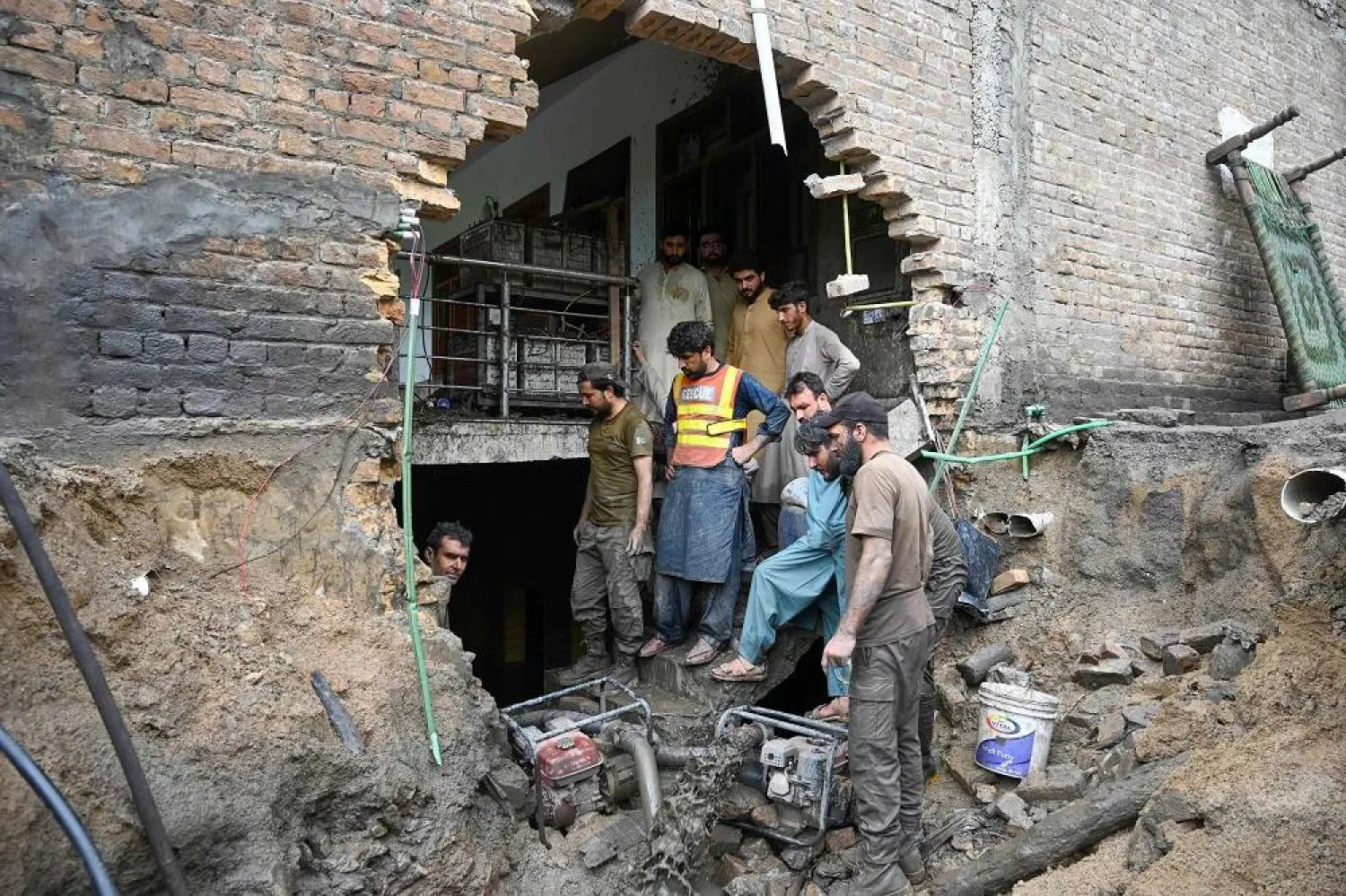Heavy monsoons in northwest Pakistan triggered flash flooding, killing at least 14 people, 11 from the same family, officials said Tuesday.
The rains in Kohat, a district in the Khyber Pakhtunkhwa province, flooded the basement of a house where the family slept, Bilal Faizi, a spokesman for emergency services said, adding they retrieved the bodies of a man, three women, six children, and an 11-month-old baby girl.
He said three others died in the districts of Hangu and Bajur in the same province.
Pakistan has been hit by heavy rains since early July, killing more than 60 people and damaging over 250 homes, mostly in the eastern Punjab and southwestern Baluchistan province.
Authorities warned the rains are likely to cause flash flooding next week in various parts of the country.
Still, weather forecasters say the country will receive less rain as compared to 2022 when the climate-induced downpour swelled rivers and inundated at one point one-third of Pakistan , killing 1,739, displacing nearly 8 million, and causing $30 billion in damage in the cash-strapped country.
Every year, many cities in Pakistan struggle with the annual monsoon deluge, from July through September, drawing criticism for poor government planning. The South Asian country is among the most vulnerable to climate change.









